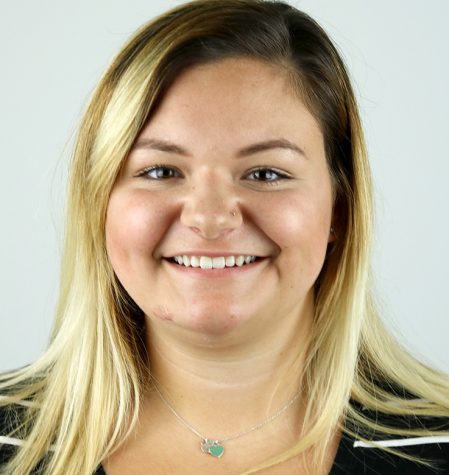Grant to go toward changing negative views on teaching
November 13, 2018
The College of Education is planning to use a grant it received in January from the Illinois Board of Higher Education to address the teacher shortage in Illinois.
The grant proposal was written by Douglas Bower, the dean of the College of Education, Brian Reid, a professor in the College of Education and Mary Bower, the grant coordinator and assistant to the dean.
Reid said the group found out about the grant later than most usually do, so they worked during the 2017 winter break in order to turn in the proposal on time in January 2018.
Mary Bower said the ideas for the grant included addressing the teacher shortage and some communication issues involving rural school teaching.
“One of our ideas was to figure out what messages teachers were getting that made it feel like teaching in rural areas was not great,” she said, “and figure out how to counteract those messages.”
Douglas Bower said the grant the group received was the planning grant. They applied for another grant in October, which is their implementation grant.
“We’ve received initial word that we’ve been awarded that (implementation) grant, but that will be formalized at the Board of Higher Education meeting in December,” he said. “We’re already working on the next step, which is to change the narrative in our schools.”
He said the narrative they are trying to change includes the negative perceptions of a teaching profession in general and the negative perceptions of teaching in rural schools.
“This (grant) will help provide some resources to actually implement that effort of getting into the communities and providing that communication message,” he said.
Reid said another goal was to work with local schools and identify the students who want to become teachers.
“We want to create a support system so that when (the students) become teachers, they stay there,” he said.
Reid said part of the grant allowance is for the support system to be put in place, but a “big chunk” of the money is used for scholarships to keep student loan debt lower.
“If you graduate with a student debt of $30,000-$50,000, you’re not going to teach in a small town,” he said.
Bower said the Illinois Board of Higher Education approves the implementation grants one year at a time.
“They’re designed to be sequential and multi-year, so our goal is that we would get an additional grant,” he said.
He said the group is looking at a sustainability model to develop the infrastructure and support network in order to avoid issues when the grant is eventually given to another school.
“The whole idea is to prepare teachers for service to these schools, and to prepare a teacher takes more than one year,” he said. “We have a responsibility to make sure the students in this region are served by the best teachers who are committed to staying in rural schools.”
Hannah Shillo can be reached at 581-2812 or hlshillo@eiu.edu.




































































